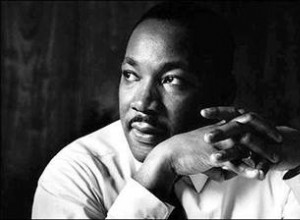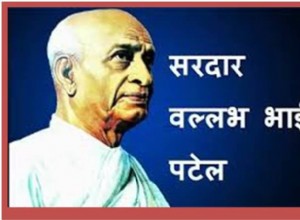At the time of partition of India, Sardar Patel was accused of favoring Hindus and doing communal politics. Maulana Azad has criticized Patel a lot in his book. Hindu nationalist forces have also been accusing him of being hasty in accepting the partition of India. Supporters of Subhash Chandra Bose




